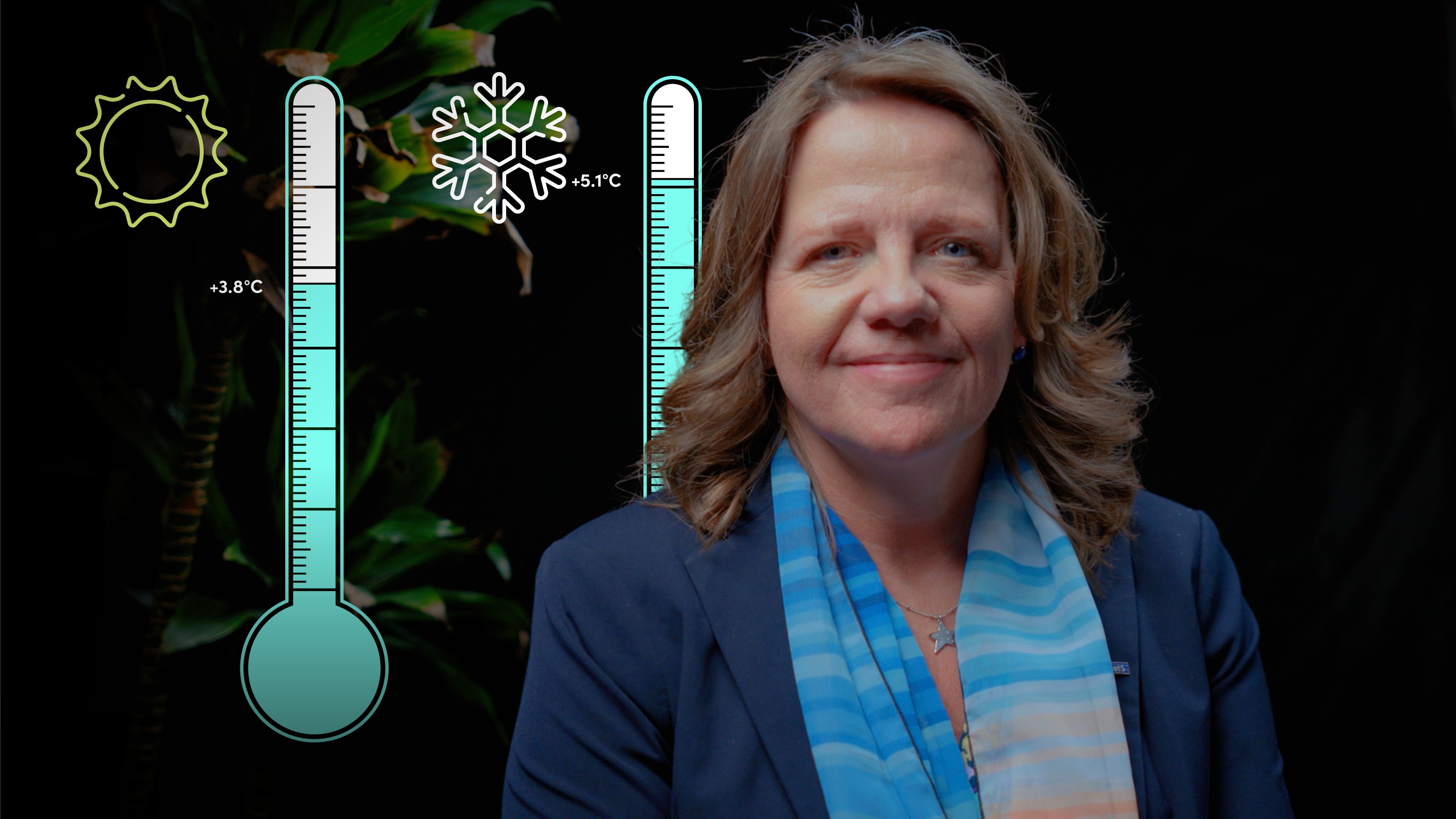
Global Carbon Budget and Net Zero (Danske)

Liz Bentley
25 years: Meteorologist
What do countries and organisations base their targets and pledges on? Join Liz Bentley as she uncovers the global carbon budget, net zero and nationally determined contributions.
What do countries and organisations base their targets and pledges on? Join Liz Bentley as she uncovers the global carbon budget, net zero and nationally determined contributions.
Subscribe to watch
Access this and all of the content on our platform by signing up for a 7-day free trial.

Global Carbon Budget and Net Zero (Danske)
11 mins 57 secs
Key learning objectives:
Understand the carbon budget
Define net zero
Understand requirements of Nationally Determined Contributions (NDCs)
Outline global climate pledges
Overview:
The global carbon budget is a simplified way to measure the maximum greenhouse gas emissions that can still enter the atmosphere if the world wants to limit global warming to a certain target. The carbon budget is based on the fact that the amount of global warming that will occur can be approximated by the cumulative carbon dioxide emissions. It is important to measure this to set targets for net zero. Net zero refers to the state of achieving a balance between the amount of greenhouse gas we emit and the amount removed from the atmosphere.
Subscribe to watch
Access this and all of the content on our platform by signing up for a 7-day free trial.
Subscribe to watch
Access this and all of the content on our platform by signing up for a 7-day free trial.

Liz Bentley
There are no available Videos from "Liz Bentley"





























